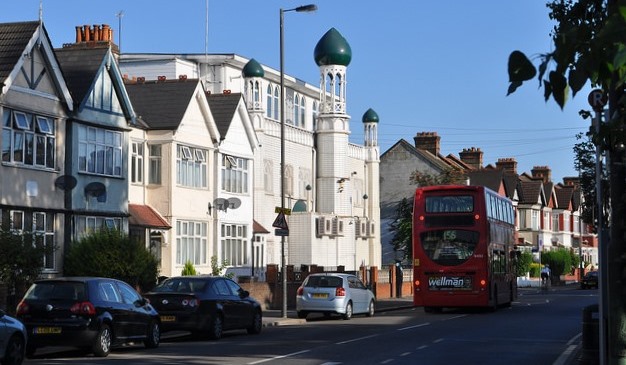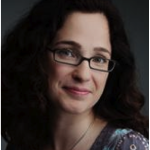
Tariq Modood, Professor of Sociology, Politics and Public Policy
The US and UK’s contrasting approaches to incorporating Muslims
This article is reposted with the author’s permission from Democratic Audit.
Drawing on their recent research Nasar Meer and Tariq Modood consider whether the British or American social compact is conducive to the incorporation of Muslims, and find that while the US may be more of a secular state, the UK is a more secular society and with a more secularist political culture. They argue that both can offer meaningful routes to not only political participation, but also meaningful incorporation of Muslim minorities.
 Wimbledon Park Mosque (Credit: stevekeiretsu CC BY-NC 2.0)
Wimbledon Park Mosque (Credit: stevekeiretsu CC BY-NC 2.0)
Regardless of whether Donald Trump wins the Republican presidential nomination, his rhetoric on Muslims has enthralled American political discourse. Meanwhile on this side of the Atlantic, Trump’s proposal to ban Muslims from entering the US triggered a petition, signed by over 570,000 people, seeking in turn to ban Trump from Britain. While Islamophobia is certainly not absent from British political discourse, the Trump phenomena and reactions to it across both sides of the Atlantic raises an interesting question as to the comparative status of Muslims and Islam in the public square in the US and Britain.




